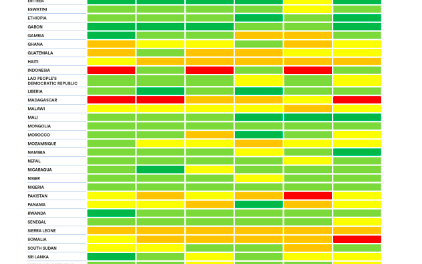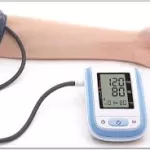Physician-scientists at the University of Pittsburgh Medical Center (UPMC) and the University of Pittsburgh have developed a groundbreaking cellphone app powered by artificial intelligence (AI) that could significantly improve the diagnosis and management of ear infections, known as acute otitis media (AOM), in young children. Published today in JAMA Pediatrics, the research highlights the potential of this innovative technology to reduce unnecessary antibiotic use and provide more accurate diagnoses.
AOM, a common childhood infection, often leads to antibiotic prescriptions but can be challenging to distinguish from other ear conditions without specialized training. This new AI tool offers a simple and effective solution by analyzing a short video of the eardrum captured by an otoscope connected to a cellphone camera. The app’s diagnostic accuracy surpasses that of trained clinicians, potentially leading to more precise treatment decisions.
“Acute otitis media is frequently misdiagnosed, leading to either inadequate care or unnecessary antibiotic treatment,” explained senior author Alejandro Hoberman, M.D., professor of pediatrics at Pitt’s School of Medicine and director of the Division of General Academic Pediatrics at UPMC Children’s Community Pediatrics. “Our tool aims to provide correct diagnoses and guide appropriate treatment, addressing the challenges associated with ear infections in young children.”
To develop the app, Hoberman and his team curated a comprehensive training library consisting of over 1,000 videos of the tympanic membrane from pediatric patients. Expert reviewers annotated the videos, distinguishing between AOM and other ear conditions. Using AI models trained on this dataset, the app accurately detected AOM based on various features of the eardrum, achieving sensitivity and specificity values exceeding 93%.
“Our tool demonstrates superior diagnostic accuracy compared to many clinicians,” said Hoberman. “It has the potential to transform primary healthcare by aiding clinicians in accurately diagnosing AOM and guiding treatment decisions.”
One of the app’s key advantages is its ability to store video recordings in a patient’s medical record, facilitating communication between healthcare providers and empowering parents to better understand their child’s condition and treatment plan. Additionally, the app serves as a valuable educational tool for medical students and residents.
Hoberman envisions widespread implementation of this technology in healthcare provider offices to enhance the diagnosis and management of AOM, ultimately improving patient outcomes and reducing unnecessary antibiotic use.
The research, supported by the Department of Pediatrics at the University of Pittsburgh School of Medicine, represents a significant step forward in leveraging AI to revolutionize pediatric healthcare.










